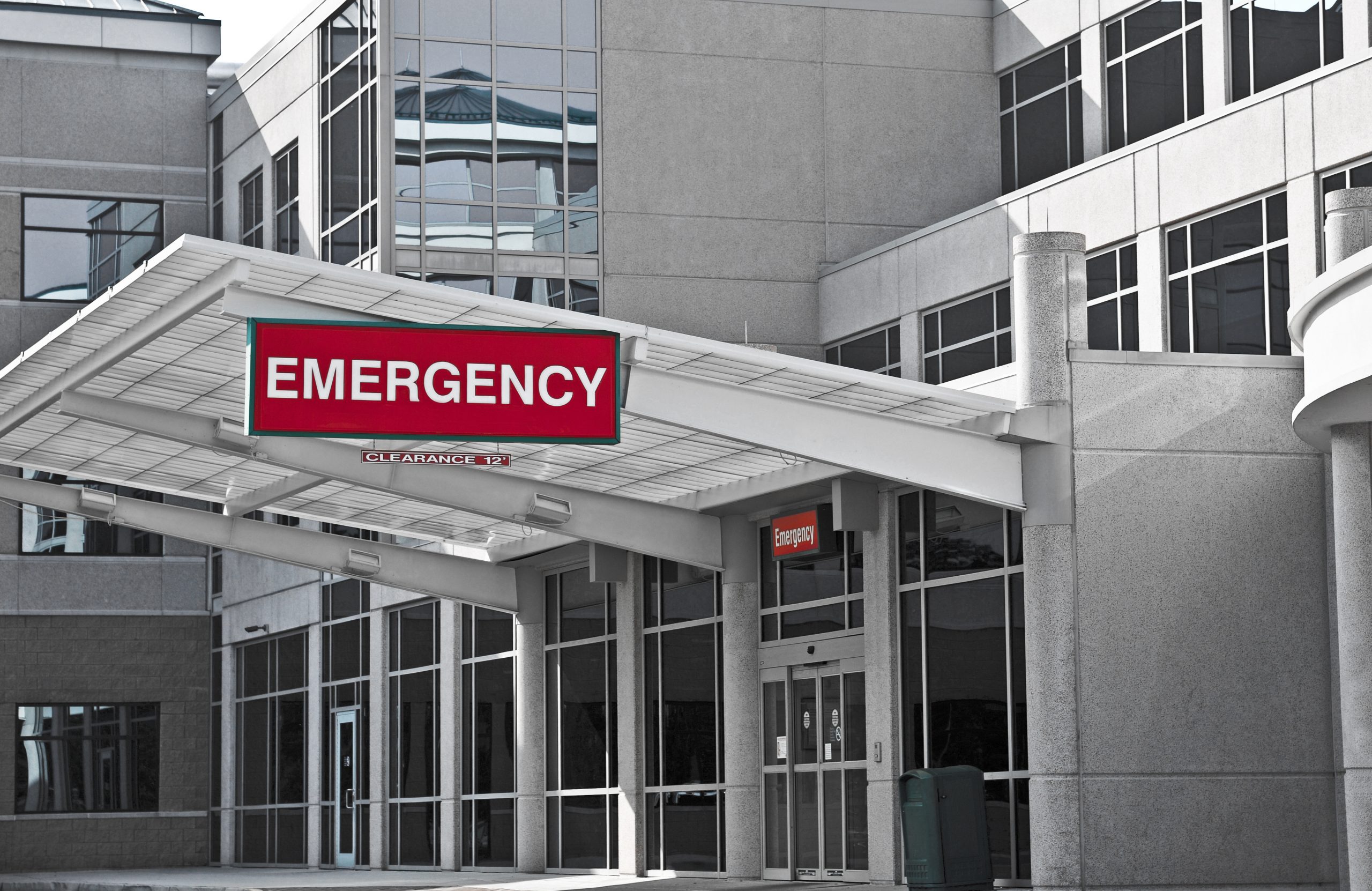Almost 140 million Americans seek care from an emergency room every year, and about 1.5 million individuals who seek care at the ER are transferred into the critical care unit.
An article published on BMC Emergency Med documented emergency room errors and revealed that 60 percent of those errors were human mistakes. When broken down, 11 percent of the errors were technical errors, and 25 percent were organizational mistakes.
Among the causes of emergency room errors were bad handwriting and confusion between prescription medications with similar-sounding names. Some of the other reasons for medical errors in the emergency room included:
- Testing – not enough tests, misinterpreted test results, wrong tests, or improper testing
- Delayed treatment or failure to treat a condition
- Misdiagnosis
- Poor monitoring
- Lab mistakes, procedural errors, paperwork errors
- Blood transfusions of contaminated blood or the wrong blood type
- Miscommunication among ER staff
- Errors made during an emergency surgery
When emergency personnel is confronted with multiple medical emergencies, such as car crashes, shooting victims, workplace accidents, and other catastrophic events, emergency room staff can become overwhelmed or distracted. This can increase the tendency to give patients with subtle medical issues insufficient attention and provide them with inappropriate care and lead to medical malpractice.
How To Safeguard Against Emergency Room Errors
Emergency rooms are an integral part of lifesaving medical care. While the ER can be a challenging, hectic facility for both medical providers and the patients, all parties must be attentive. If you stay alert and are aware of the most common mistakes that happen in the ER, you are much more likely to avoid them.
Here are some ways you can lower your risk of being a victim of an emergency room error:
- If your underlying medical condition is complex, call your primary care provider upon arrival at the ER. They may be able to more thoroughly explain your condition and advocate for your care.
- Ask for the names of the providers treating you. It is important to know – especially in a training facility – if you are being treated by a resident or intern (someone who is still in training) or an attending physician.
- Ask what condition you are being treated for
- Ask for an understanding or interpretation of your lab results and imaging studies
The Potential For Medical Malpractice Based On ER Errors
ER nurses and physicians work long shifts and encounter hectic conditions. Being overworked and understaffed leads to tired employees who can potentially fail to recognize a patient’s symptoms, fail to provide proper treatment, and even fail to make a proper medical diagnosis.
Time is of the essence during a medical emergency. Medical providers must move from one patient to the next quickly. By doing this, they may not thoroughly wash their hands, sanitize or sterilize exam tools, or take proper notes. Any of these things could lead to serious medical mistakes that injure the patient.
If you have suffered a medical error in the ER and you suspect medical malpractice, you should speak with a medical malpractice attorney. A medical malpractice attorney will help you determine the best way to proceed with your claim. Contact the Trial Law Offices of Bradley I. Kramer, M.D., Esq., for a free initial consultation.

